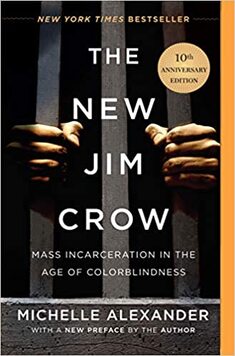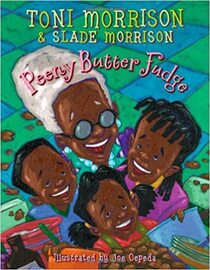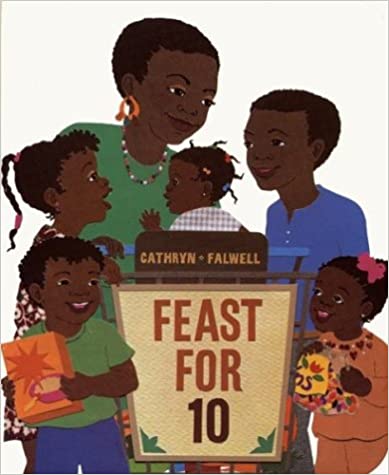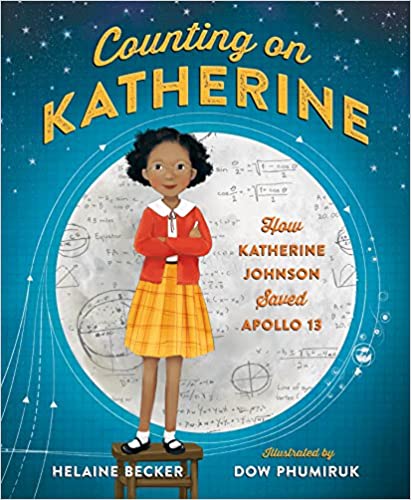|
As a high school student, I attended a workshop where I was asked to silently visit several stations around the room, look at the exhibit, and record answers to corresponding questions on a piece of paper. I do not remember the context or name of this workshop, but one fragment of it is burned in my emotional memory. I approached one of these stations and found two 8x10 laminated photos -- one of a white man and one of a black man, both middle aged and professionally dressed. I read from the paper in my hand: Before turning over these photos, decide in your mind which of these men is a criminal and which is a Nobel laureate. Record your prediction here, and then read the bios on the backs of the photos. I glanced back at the photos and felt myself fill with burning shame. I was sure my classmates who progressed through the stations around me could feel the heat of that shame radiating into the room. I was sure they would see my face turn ten shades of red. I decided not to record my predictions, and, ever the good student, I felt even worse for cheating on the assignment. I did not want to be honest and reveal that I thought the black man was the criminal, because I had a strong hunch that the point of this lesson was to teach me that I was biased.
Growing up, I didn’t know any Black people. And I didn’t know any criminals. Both belonged in the “other” category, so perhaps Black and criminal were the same? Is that how I made the mental leap that day in high school when I suddenly knew my assumptions were wrong? Or, were my biases based in the glimpses I stole of the evening news, when I’d pass by the TV in the kitchen where my mom would be cooking dinner, myself never really watching or understanding, just knowing that if someone was going to be arrested, that person was going to be Black?
More recently, in response to reading Debby Irving’s Waking Up White and Finding Myself in the Story of Race, I began to notice how I flinched when a black person flagged me down from inside their car. How much shame did I feel when I noticed that the person was my kids’ faithful school bus driver? Or even worse, when I realized the person was my neighbor, whom I should have recognized? In The New Jim Crow, Ms. Alexander details the detrimental causes and effects of the system of mass incarceration that now plague our society, a movement so crippling that today Black men have a one in three chance of spending time behind bars. This country was founded on the requirement of a second-class, an undercaste as she calls it, to keep the economy going. First slavery, then convict leasing, then Jim Crow, and the latest iteration? Mass incarceration. Ms. Alexander details a media campaign initiated under the Reagan administration that targeted Blacks in the new War on Drugs and revitalized a previously exploited the little clause buried within the thirteenth amendment: “Neither slavery nor involuntary servitude, except as a punishment for crime whereof the party shall have been duly convicted, shall exist within the United States, or any place subject to their jurisdiction.” These were the images I saw on TV as I passed through the kitchen. I saw dark violence. I saw cops having a hard time keeping people in line. It seemed really rough out there. Poet and media activist Malkia Cyril explains in the film “13th” that white people aren’t the only ones to view Black men as criminals. It broke my heart as she said, “Let me be clear...Black people also believe this...and are terrified...of our own selves.” Two years ago, while one of my sons rode the bus to his summer camp, a mixed race child put my son in a playful choke hold and declared that “black is bad!” The boy’s grandmother was livid when I relayed the story to her, furious that her grandson had already been taught the false message that “black is bad.” It was a disheartening wake up call for both of us to say the least. Not only does Ms. Alexander point out the danger of mandatory minimums in jail sentencing (as well as the brutal nature of Three Strikes laws or charges for first-time offenders), in addition to the reality that Blacks are targeted for their drug possession at rates disproportionate to their drug use while cops turn their eyes from white drug crime, she details the lasting effects of holding a criminal record -- the loss of civil rights under a system that makes discrimination completely legal. Under this system, millions of people have lost their right to vote...or get a job...or maintain housing...or get an educational loan...or receive food stamps. Even when punishment is warranted, she says, these criminals are perpetual outcasts and have no way of redeeming their rights of citizenship after they pay their debt to society. You may have trouble reading her book. It’s incredibly damning and may make you feel defensive. If you want the highlights, watch the movie “13th” on Netflix. Her book is similarly focused on presidential campaigns and administrations. Reality is more complicated than that, and if you want a detailed approach to how the War on Drugs played out in a specific city, check out the history of Washington, D.C. in Locking Up Own Own by James Forman, Jr. If you find Ms. Alexander’s conspiracy theory of the CIA buying drugs and making a profit selling them to impoverished Black neighborhoods in order to win a covert war in Honduras, consider pairing the theory with a reading of The Hate U Give by Angie Thomas (or just check out the film, especially the scene in which the protagonist’s father challenges her to consider how drugs ended up in the Black neighborhoods to begin with). If you feel no sympathy for those who can’t pay the rent, consider reading Evicted by Matthew Desmond. If you feel there is no way you could be considered a racist, consider reading Blindspot: Hidden Biases of Good People by Mahzarin R. Banaji. And if you want to believe in Bryan Stevenson’s message that “the opposite of criminalization is humanization,” read his book Just Mercy (or again, simply watch the film), and then fill your mind with images of Black people radiating hope (Becoming) and brilliance (Hidden Figures). Black literature is not all Roll of Thunder, Hear My Cry. We do not want to sweep history under the rug. The movie “13th” ends with images of Black men being shot in the street, or suffocated. These images are our reality. But as the credits roll, images of youth and achievement and love fill the screen -- all of the images of the scrapbooks you hope to make for your own children. We need to elevate Black Americans from their second class status and give them a place at the table that they have never seen in this country. While the exceptions of Barack Obama and Oprah Winfrey and Will Smith make us think otherwise, we cannot continue to renounce generations of men and women to the status of criminal. I don’t want my children to see Black as other or criminal. As a small start, we continue to read books like The Day You Begin, but we also read Peeny Butter Fudge, A Feast for 10, and Counting on Katherine. And we continue to open our eyes and ears to discern how else we can help.
2 Comments
Kelly chiu
7/1/2020 12:46:23 pm
Well said Caroline! So much for all of us to learn and reflect on. How each of us can give everyone the humanity they deserve.
Reply
Caroline
7/13/2020 07:27:58 am
Thank you so much for reading, Kelly!
Reply
Leave a Reply. |
Author's Log
Here you will find a catalog of my writing and reflections. Archives
December 2022
|



